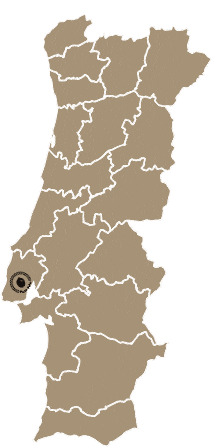About half the food produced in the world goes to waste every year.
According to FAO, developed countries waste more than 1,3 thousand of million tons of food every year, enough to feed 925 million people that are starving worldwide. in Portugal, more than 1.8 million tons of food are wasted per year, according to INE (Portuguese National Institute of Statistics) in June 2022.
This waste has not only ethical but also environmental consequences, since it involves the unnecessary use of resources used in its production (like soil, energy and water) and the emission of carbon dioxin and methane resulting from the decomposition of food that is not eaten.
The reasons to this waste are numerous and occur along all the links of the food supply chain. Intensive production models, inadequate storage and transportation, expiration dates that are too tight and sales and discounts that encourage consumers to buy unreasonably are some of the causes that contribute to the current waste.
One other problem is that major distributors have a preference for fruit and vegetables that are “perfect” in terms of shape, colour and size, which ultimately restrict the consumption of foods that meet certain aesthetic standards. Such demand results in a waste of about 30% of what’s produced by farmers. Altough it is possible to sell these ugly products to the Industry (juices, jams, sauces), this is not an economically viable solution for the farmers, since the price paid for the products is so low that most times it doesn't pay off the costs of production and harvest.
Fruta Feia Co-operative arises from the need to overturn the standardization trends regarding food, which have nothing to do with its’ quality and safety. This project aims to fight the market inefficiency by changing consumption patterns and creating an alternative market to “ugly” fruits and vegetables. A market that values farmers and consumers, and that can prevent food waste as well as the unnecessary use of resources to their production.






